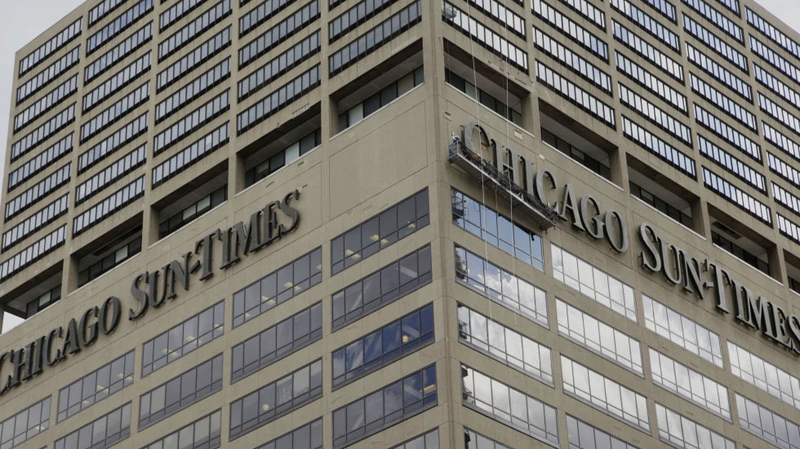A summer reading guide published in the Chicago Sun-Times and The Philadelphia Inquirer has sparked controversy after it was revealed that over half of its recommended books were AI-generated fabrications. The list, part of a special supplement titled Heat Index: Your Guide to the Best of Summer, included imaginary titles like The Last Algorithm by Andy Weir and Nightshade Market by Min Jin Lee – both real authors who confirmed the works do not exist.
Freelance writer Marco Buscaglia admitted to using artificial intelligence for research without verifying its output, calling the oversight a "really stupid error" in a social media post. Content distributor King Features, which produced the supplement, terminated its contract with Buscaglia and emphasized its strict policy against AI-generated content.
This incident follows similar AI-related controversies in media, including Sports Illustrated's use of fake author profiles and Gannett's paused AI sports reporting experiment. The revelation raises fresh questions about editorial oversight in the age of generative AI, particularly as news organizations balance efficiency demands with credibility concerns.
Authors and readers alike have expressed alarm at the implications. "I have not written and will not be writing a novel called Nightshade Market," Lee clarified on social media platform X. The debacle highlights growing challenges for publishers navigating AI tools while maintaining trust with audiences.
Reference(s):
A newspaper's summer book list recommends nonexistent books. Blame AI
cgtn.com








